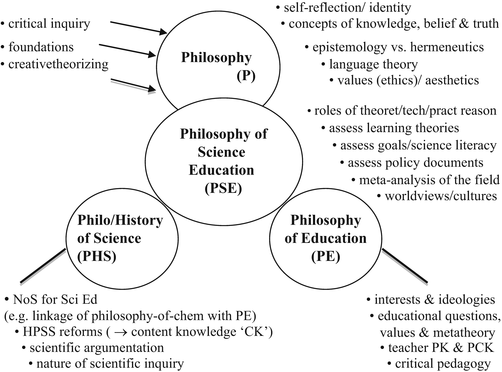
What is Philosophy of Education?
What is philosophy of education? This branch of applied philosophy examines the nature of education, its aims, and problems. It focuses on both presuppositions and arguments, both for and against educational theories. This article explains some of the most common schools of thought in educational philosophy. Read on to discover more. Listed below are the most common terms used to define philosophy of education. Read on to learn about these important concepts.
Philosophical analysis
While many philosophers of education focus on curriculum content, others examine other aspects of education. They may study the role of sex in education or the role of religion and morality in society. Others might look at the relationship between education and power and whether the present form of education is appropriate. Still others consider the importance of equal opportunities for all children and adults. Regardless of the area of focus, philosophical analysis of education is essential reading for classroom teachers.
Existentialism
Existentialism in philosophy of education is an important philosophical movement that emphasizes the individual’s uniqueness and freedom of choice. It is an antidote to philosophical determinism. Existentialism in education emphasizes the role of the individual as the sole creator of his or her reality. According to existentialists, there is no objective truth. Instead, one should look to one’s personal experience and experiences to create meaning.
Postmodernism
The postmodern approach to education is a way to redefine learning in a new era. This philosophy argues that learning is not limited to rote memorization, but also encompasses constructing, acquiring, and applying knowledge. In essence, postmodern philosophy of education teaches students to value their intuition and creative thinking rather than following a predetermined curriculum. As a result, students can be more authentic and expressive while learning.
Analytic techniques
In philosophy of education, analytical techniques are important for understanding pedagogical practices. Analytic techniques are based on logical reasoning and the belief that everything in the world can be understood by applying the laws of nature. The goal of analytic techniques is to reduce complex problems to their simplest components and then apply logical reasoning to solve those components. In philosophy of education, analytical techniques are used to explore the constructive potential of higher school pedagogy theories and approaches.
Clarification of educational knowledge
A philosophical approach to education is often characterized by a generalizing impulse. In the philosophical literature of education, it is not unusual for philosophers to build systems spanning a variety of issues. Moreover, these philosophers rarely treat the philosophy of education as a distinct field of inquiry, but rather they work out its implications through practice. This can be seen in the different metaphors that are often used to describe philosophers’ approach to education.
Influence on educational practices
The philosophy of education has many implications for educational practice. Philosophers often contend that education is a process of learning, rather than a product of an individual’s beliefs. They believe that the end goal of education is the knowledge of nature and the inner workings of the universe. They also argue that education is a way to transmit an inherited culture, and that educational disciplines should be filled with the elements of culture that students need to develop their intellectual capacities. Traditional curricula were overloaded with content that was either unnecessary or irrelevant. Further, they were rigid, and often did not address the needs of individual students.
Impulses that draw philosophers to the field
Philosophers of education are increasingly focused on the role of educational institutions in promoting human flourishing. Such studies have revealed that, in some ways, educational institutions are not so different from other kinds of institutions. But these differences are not enough to drive scholars away from their fields. They must also take into account the way that human societies are changing, including the demands placed on educators. Here are some of the impulses that attract philosophers to education.
What is philosophy of education? This branch of applied philosophy examines the nature of education, its aims, and problems. It focuses on both presuppositions and arguments, both for and against educational theories. This article explains some of the most common schools of thought in educational philosophy. Read on to discover more. Listed below are the…
